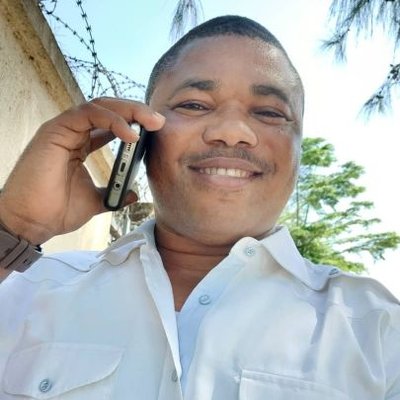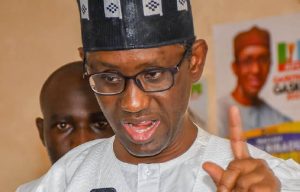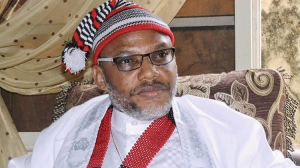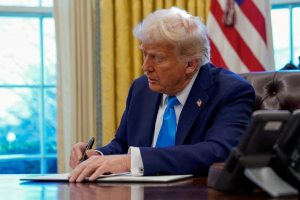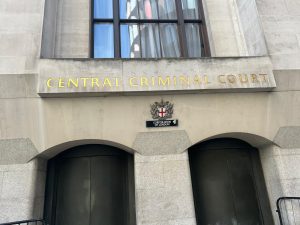The recent demolition of business premises belonging to the younger brother of former presidential candidate Peter Obi has ignited widespread controversy, raising serious questions about the integrity of Nigeria’s judicial system. A scathing statement issued by Sir Ifeanyi Ejiofor, a prominent Nigerian lawyer, has called for an urgent investigation into the judicial processes that led to the destruction, alleging procedural flaws and potential violations of constitutional property rights.
According to Ejiofor’s statement, the demolition was authorised by a Lagos State High Court ruling delivered by Honourable Justice A.M. Lawal on 20 May 2024. The case, which began on 6 June 2023, targeted an unnamed defendant referred to as “person unknown.” This ambiguous identification of the defendant has raised eyebrows, with critics arguing it undermines the transparency required in property-related litigation.
Ejiofor’s review highlights several procedural concerns, including that:
- Hearing notices issued on 6 October 2023 were also directed at “person unknown,” with no clear evidence of proper service, such as affidavits or photographic confirmation, as required by Nigerian law.
- The case was concluded in just three court sessions, with a mere month between the mention on 22 April 2024 and the final judgment. This accelerated pace has fuelled allegations of a breach of the constitutional right to a fair hearing.
- Initiating a lawsuit against an unidentified party in a property dispute is highly unusual and contravenes established legal principles, as affirmed in cases like Ajayi v. Adebiyi (2012).
The demolition has spotlighted what Ejiofor describes as “inherent vulnerabilities” within Nigeria’s judicial system. He warns that suits against “persons unknown” risk being exploited to violate property rights, citing precedents such as Ojukwu v. Military Governor of Lagos State (1986), where extrajudicial demolitions were condemned.
Ejiofor argues that the case exemplifies how judicial processes can be manipulated, eroding public trust in the judiciary. “The judiciary, like Caesar’s wife, must remain above suspicion,” he stated, urging immediate action to address these systemic loopholes.
In response to the controversy, Ejiofor has outlined several demands to restore public confidence:
- An independent investigation into the judicial process that led to the demolition.
- A temporary halt on further demolitions or enforcement actions stemming from the judgment.
- A review of how suits against “persons unknown” are handled to prevent future abuses.
- Strengthened institutional safeguards to ensure compliance with procedural standards in property disputes.
The demolition has sparked outrage among Nigerians, with many viewing it as an attack on Peter Obi, a prominent political figure and former governor of Anambra State. Social media platforms, particularly X, have been abuzz with calls for justice, with hashtags like #JusticeForObi trending in Nigeria.
Legal experts have also weighed in, with some describing the case as a “travesty of justice.” Dr. Chidi Okonkwo, a constitutional law scholar, told reporters, “This incident underscores the urgent need for judicial reform. The judiciary must not be a tool for settling scores or undermining rights.”
The National Judicial Council (NJC) and the Lagos State Judiciary have yet to comment officially on the allegations. However, pressure is mounting for a thorough investigation to address the concerns raised by Ejiofor and other stakeholders.
The case has reignited debates about judicial independence and accountability in Nigeria, with many calling for reforms to prevent similar incidents. As Ejiofor noted, “Justice must not only be done but must be manifestly and undeniably seen to be done.”
As Nigeria grapples with this latest controversy, all eyes are on the judiciary to see how it will respond. The outcome of any investigation could have far-reaching implications for public trust in the legal system and the protection of property rights in the country.
For now, the demolition of Peter Obi’s brother’s property serves as a stark reminder of the challenges facing Nigeria’s judiciary—and the urgent need for transparency, fairness, and accountability.

